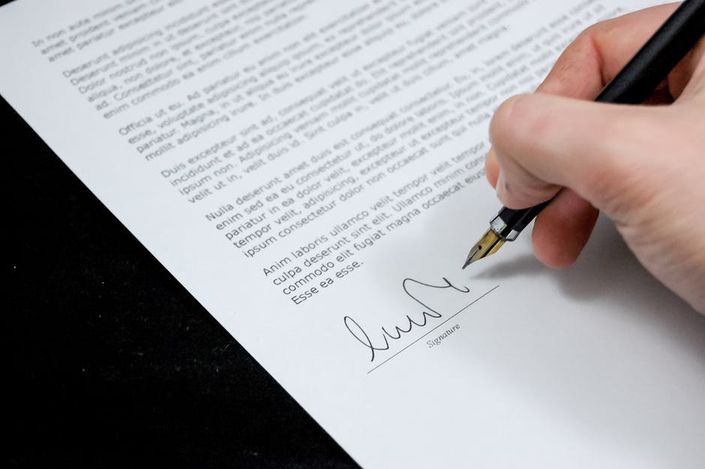
How To Write An Effective Formal Correspondence?
What will you learn?
- Why communication is important for researchers
- How to communicate effectively through formal letters
- Understand the basics of writing different types of letters
- Tips and guidelines to hone your professional writing skills
Course Description
Doing research is as much about communicating with your co-researchers, superiors and other stakeholders as it is about working on your project. And being able to communicate in a concise, articulate and impactful manner will not just help you execute your project successfully but also help further your research career.
This self-paced program will familiarize you with a diverse range of written communication, such as cover letters, enquiry letters, correspondence pertaining to updates, job applications, and other such topics. By following the simple and handy guidelines presented in this course, you can sharpen your edge in written correspondence and excel in your field.
What topics will you cover?
- Introduction
- Objectives of the course
- Different types of letters
- Letters from job applicants
- Cover letter for job applicants
- Issues with language
- Content of a curriculum vitae
- Design of a curriculum vitae
- Enquiry letters
- Technical memoranda
- Rebuttal letters
- Communicating science through media and social media
- Summary
- Check your understanding
- Further reading
Course Narrator:
Phillip Schrank, Academic Trainer
Phillip Schrank is the Assistant Professor of International Relations at Chosun University in Gwangju. He has published and presented on topics ranging from democratization to alliance theory. He is the recipient of numerous awards and grants, including research grants from Chosun University and a research grant from the US Department of State. Prior to his professorship at Chosun University, Phillip was a senior lecturer at the Korea Military Academy. Phillip has a BA in History and Broad Field Social Sciences, an MA in English Education, and is writing his dissertation for a PhD in International Relations. Phillip has conducted over 70 hours of workshops helping scholars publish in high level international journals.
Your Instructor

Part of Cactus Communications’ R ecosystem of tools and solutions for researchers, Upskill is a learning platform that comprises of the largest collection of researcher-focused programs, developed by top academic experts. Learn anytime, anywhere with bite-sized online programs on research writing, journal publication, career development, science communication, funding, researcher wellness, and more. Our multi-format programs come with expert advice, practical examples, and a certificate on course completion, which allow researchers to apply what they’ve learnt to excel in real-world scenarios. Trusted by top academic institutions, and over 15,000 researchers, Upskill empowers researchers to master new skills on the path to all-round researcher success.
